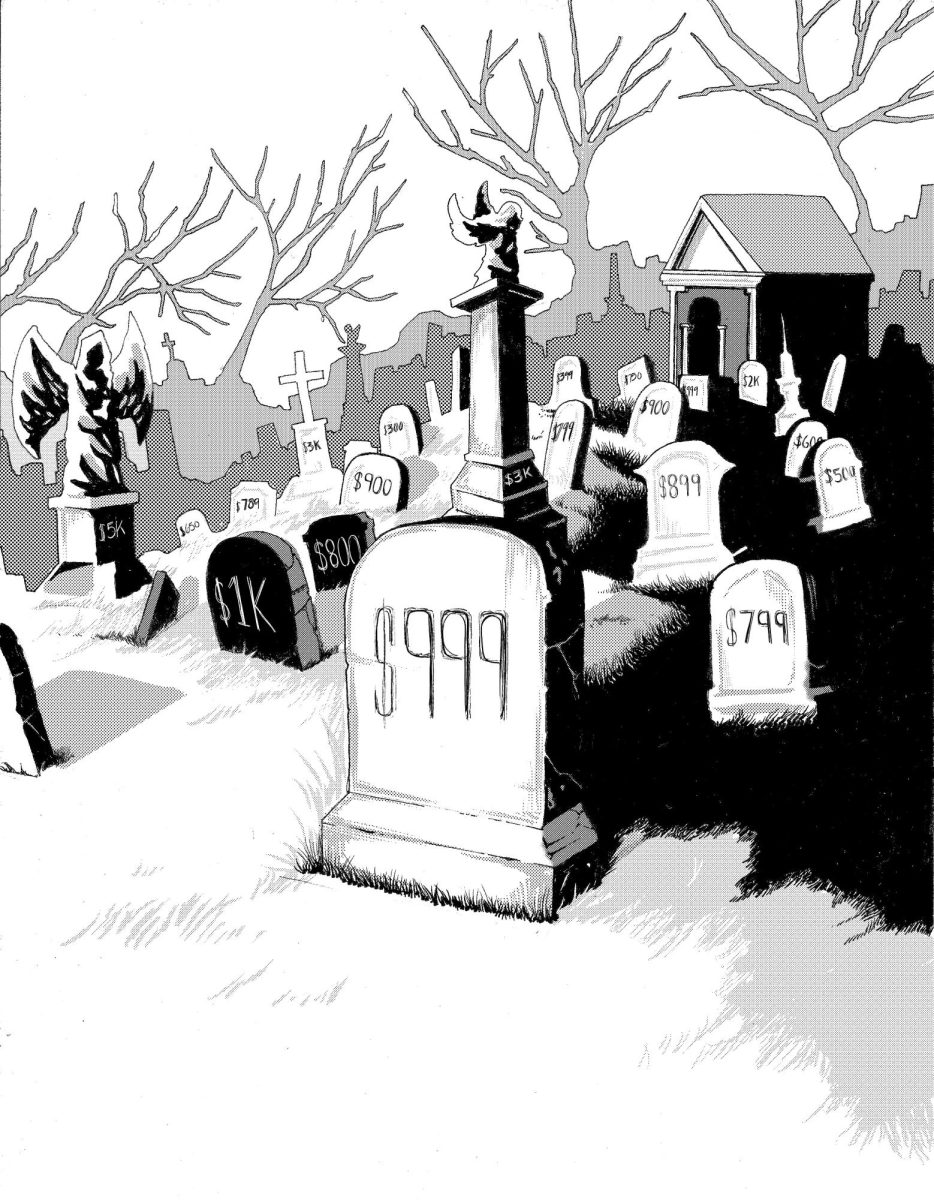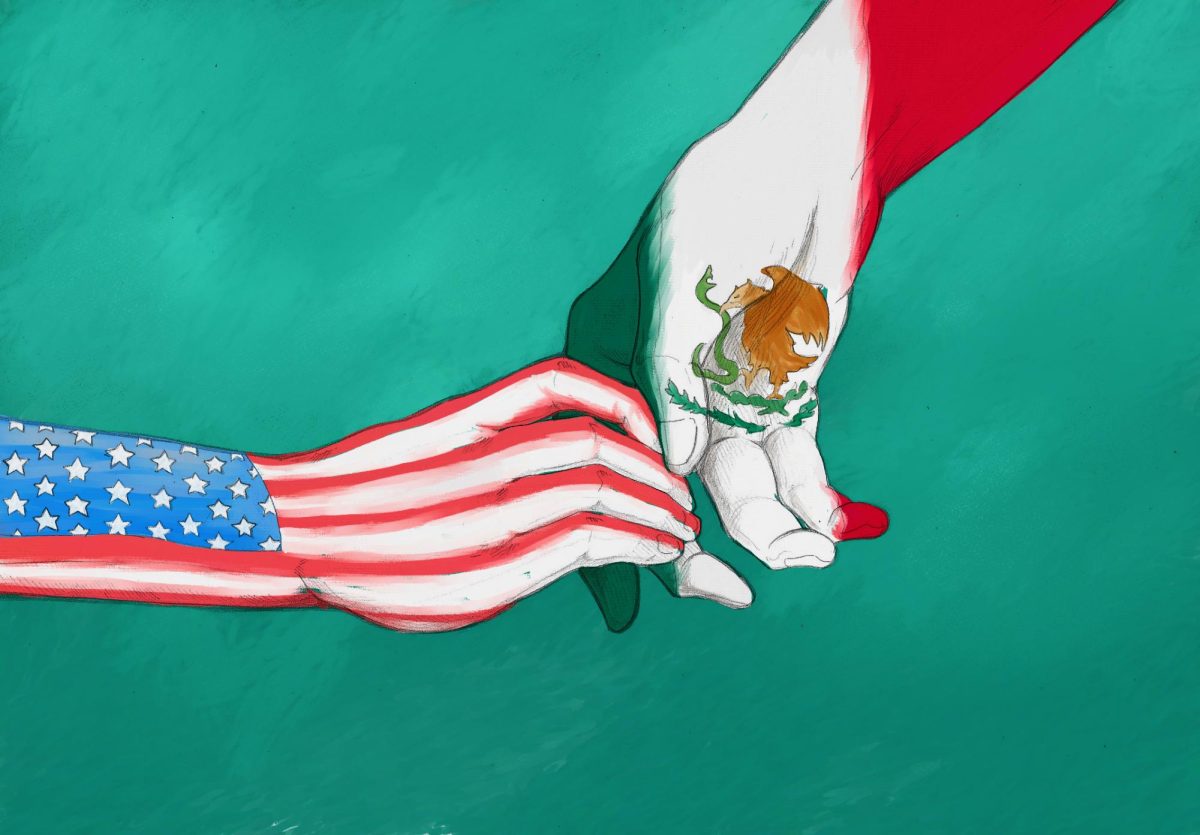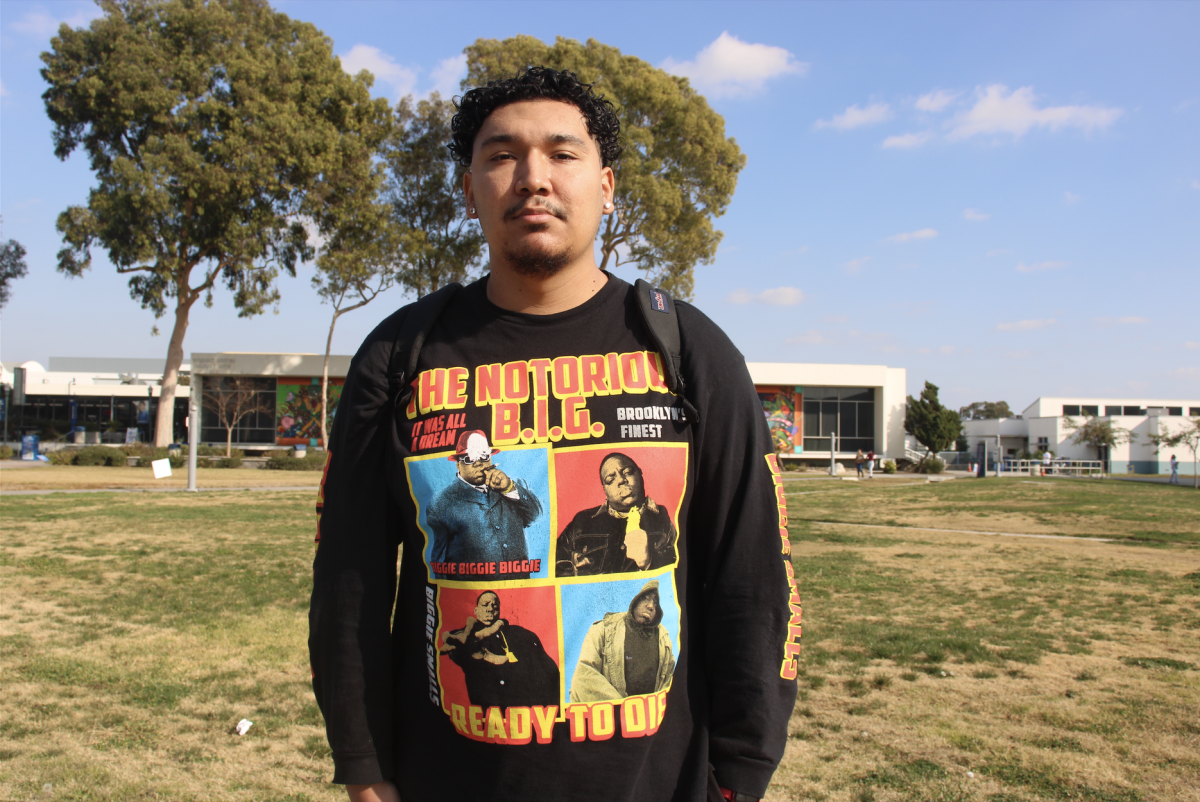This month is National Women’s History Month and it should be noted that although women have come a long way in the past century, there are still many obstacles women face every day around the world.
Every day women are discriminated, objectified, harassed, raped, sexually assaulted, battered and abused by people they may or may not know. Men also face these monsters too, but it is considerably disproportionate to women.
For all the advances this country has made, obstacles still exist deeply rooted in society that promote disparaging of women. It is up to us to stop them if they behave in such a way that promotes or condones these actions.
It is not just the usual culprits like the media and politicians who are sexist. People should look to those around them to see just how sexism can come from anyone. For example, college campuses are environments where it seems like a place where women don’t experience sexism, but that is not true.
When a joke is said that is not meant to be harmful, but has sexist undertones, that’s sexism. When a woman does not feel comfortable with what she wears in fear that she’ll be objectified by her classmates, that is sexism. When a woman is told she’s acting like a bitch or is asked if she is on her time of the month when being assertive about her beliefs, that is sexism. Belittling women is not a joke.
In an experiment published in the Personality and Social Psychology Bulletin in 2008 called ‘More Than “Just a Joke”: The Prejudice-Releasing Function of Sexist Humor’ results showed that sexist jokes significantly impacted the way men thought of and behaved toward women. It is ridiculous how prevalent sexist jokes are.
However, men are not the only culprits of sexist attitudes toward women. Women themselves also discriminate other women. Women-on-women hate occurs often. Some examples are slut-shaming, passive aggressive remarks, rumors and criticisms.
Why should anyone care about a woman’s sex life? What she does is her choice and it does not justify calling her a slut in any way. Men are not called derogatory terms for having sex with many women, it is actually celebrated instead. This double standard should not be encouraged because it only judges women on something women should not be judged on.
These are only a few examples of what women face in their everyday lives. In no way means that sexism and discrimination are more important than rape and sexual assaults. All the problems women face are important and should be addressed and dealt with because they hurt women.
Women should help each other grow and succeed, not hurt each other and tear each other apart. They should stand up to these everyday obstacles with a determined attitude to stop sexism, harassment, objectification and all the other obstacles.
National Women’s History Month should be every month. Women’s achievements should be celebrated every day. Mothers, sisters, wives, friends and daughters should all be cherished and respected. Women in general should not be treated anything less than a person with feelings, hopes and dreams.










